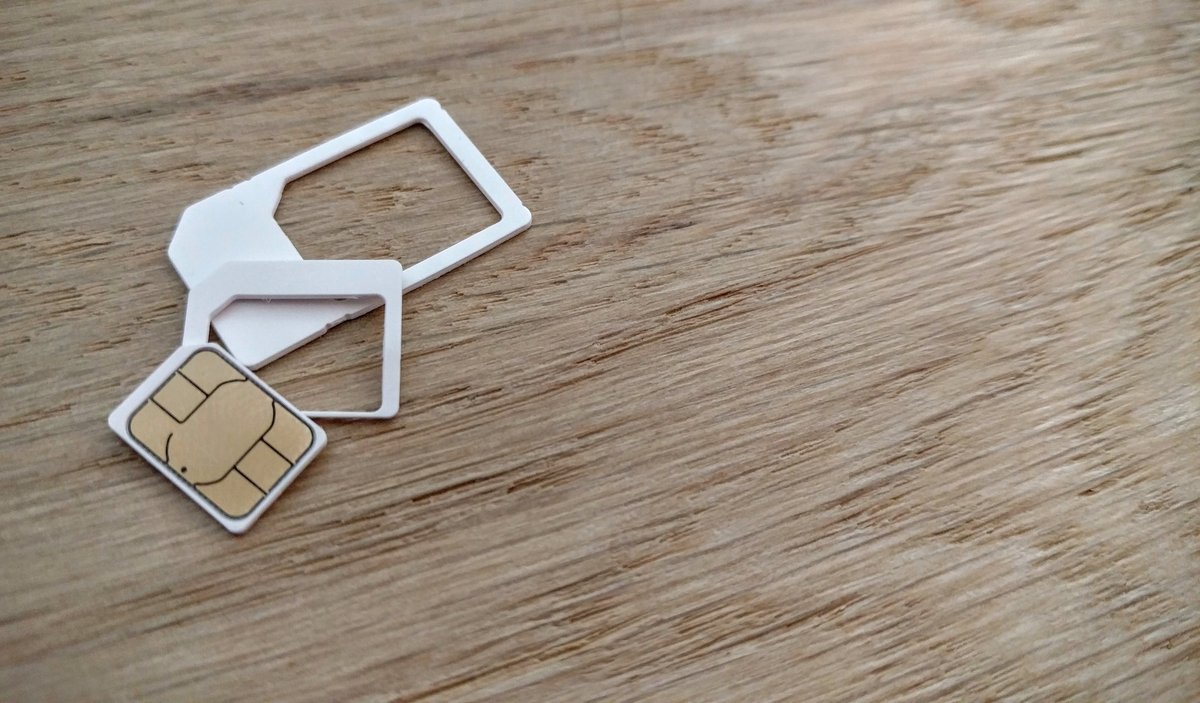Easier to terminate contracts: Did that mean the end of the SIM card?

The new Telecommunications Act will apply from December 1st. This means that times of unprecedented freedom are awaiting cell phone customers. This is ensured, for example, by short notice periods. But the TKG amendment could have completely different consequences and cost us the classic SIM card.
Hand on heart, who has ever seriously dealt with eSIM? The waste-free and flexible alternative to the classic SIM card has actually been available for years. The three large German mobile phone providers Telekom, o2 and Vodafone each have their own offers, and apart from that there are already a few choices.
Will the TKG amendment help the eSIM achieve a breakthrough at Telekom and Co.?
Nevertheless, purely digital mobile phone contracts have so far led a shadowy existence. But this could soon change with the provisions of the new Telecommunications Act (TKG). They give consumers more rights when they terminate their contract, for example, and it becomes easier to switch to other tariffs or to other providers. That in turn goes well with an eSIM, argues Wirtschaftswoche.
The idea is quite simple: Anyone who has previously signed a mobile phone contract will usually receive the SIM card in the mail days later. An activation code is also sent separately by letter, usually on the following day. The effort can be avoided with the eSIM chips already installed in some devices . Conclude the contract once online or add or debit new options and everything is done with a scanned QR code. Instead of days to weeks, this takes minutes at most.
Anyone who, as a consumer, has already thought about which provider or tariff is the right one and has come dangerously close to the end of the deadline, will appreciate this option. It all sounds very flexible - and it is. So it actually fits well with the new regulations.
The eSIM is not yet finding its way into cheap smartphones. Until that changes, you will find our bargain recommendations in the video :
But what else stands in the way of this flexibility? Thanks to the amendment to the TKG, the rigid contract structures are gradually being broken down, o2, for example, is already going further than the law requires.
Other obstacles are more difficult to overcome. On the one hand, there are so far relatively few devices in which eSIM chips are installed. iPhones are at the forefront and the practical chips are also more likely to be found in high-end devices - in addition to smartphones also in tablets, laptops, IoT devices and already especially in fitness trackers and smartwatches. In the cell phone market, however, "eSIM-ready" is still the exception.
Thirdly - we have to be self-critical from time to time - contradictingly, the triumph of eSIM is opposed to the convenience of us customers . Habits usually prevail for some time over technically possible innovations.
The end of the SIM card has not yet come
From December onwards, things could change little by little. The more consumers learn to appreciate the new legal flexibility, the more attractive the eSIM is likely to become sooner or later. Nice side effect: With the SIM card removed, millions of tons of plastic waste would be avoided. In our opinion, it will take some time until then , especially since the handling of the eSIM experience from the editorial team can still be improved.
Comments
Post a Comment